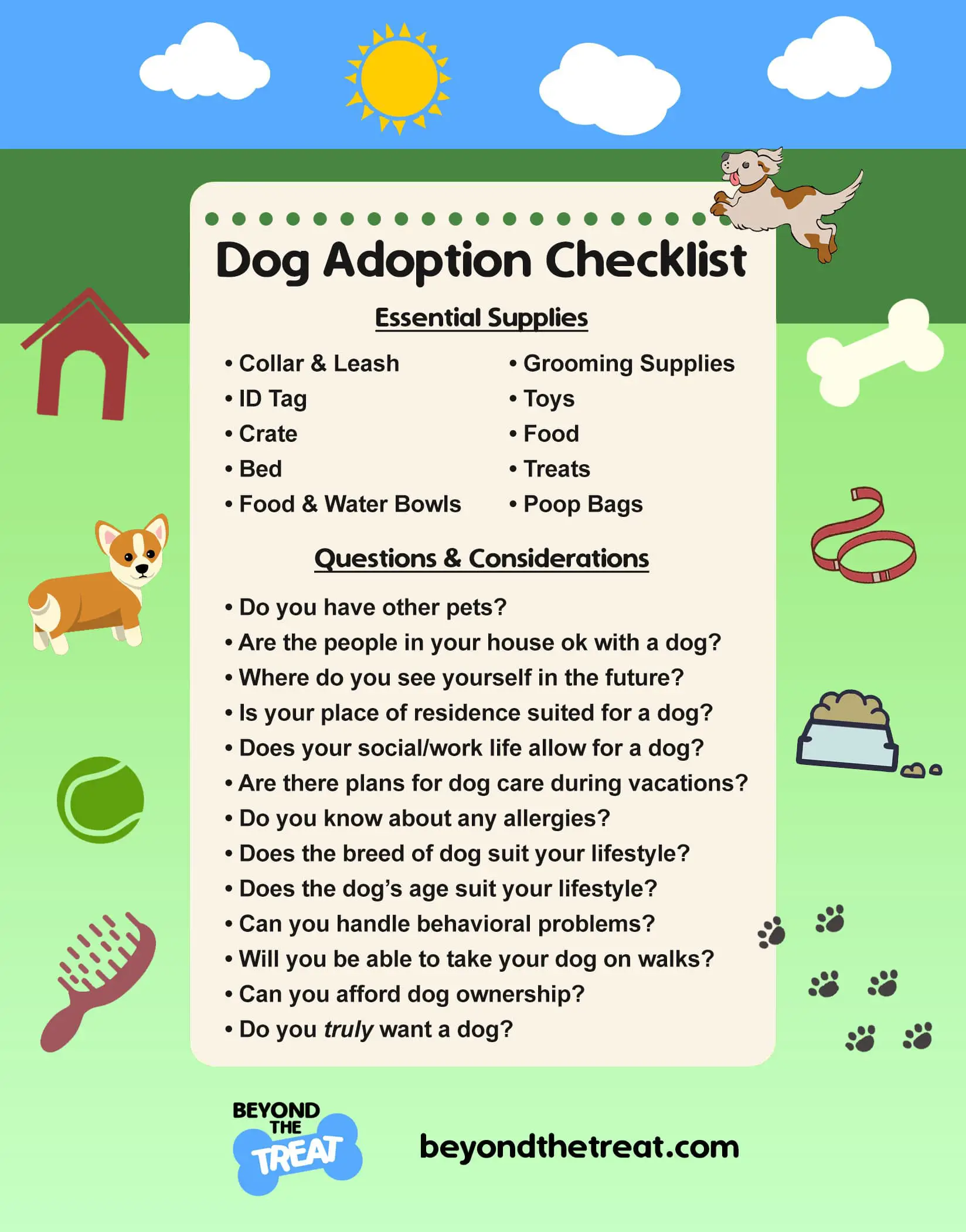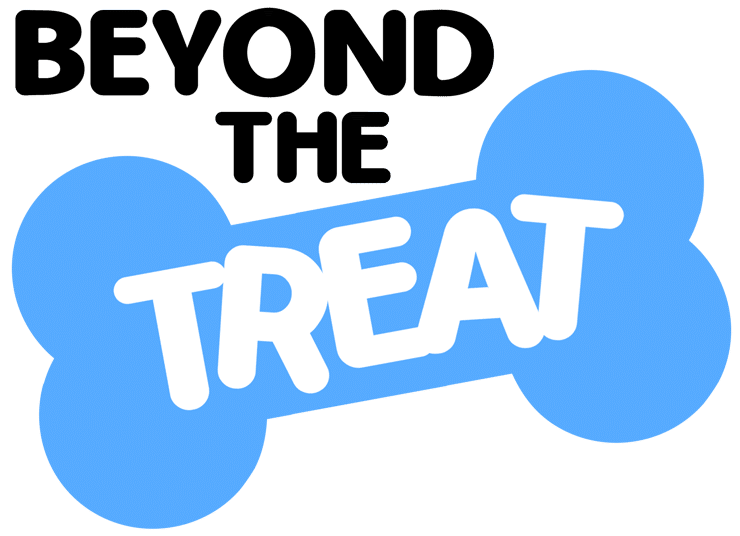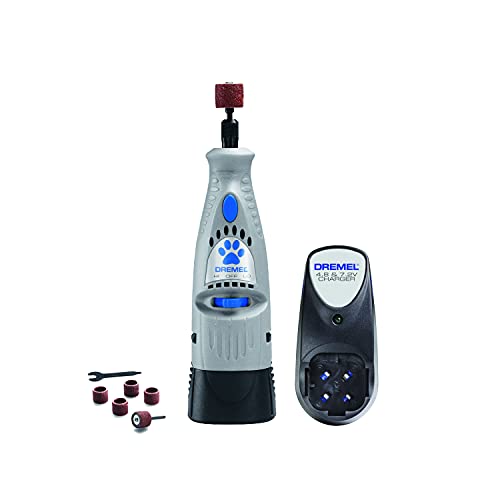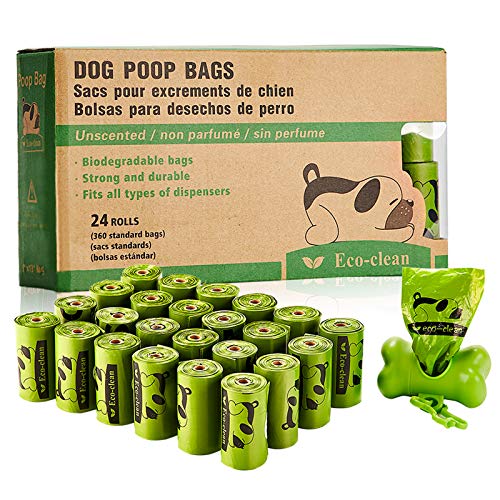Adopting a dog is such an incredible thing to do. Not only will you be bringing a loving and caring friend into your life, but you’re also giving a dog a second chance at having a great life. While dog adoption is wonderful, it’s also very serious. Many people jump into dog ownership without fully considering everything that’s required.
In fact, there’s many considerations beyond the initial supplies required for dog ownership. You need to ensure that your life can comfortably accommodate a dog and supply them with the love and care that they need. This checklist will make it easy to ensure that you have all that you need to adopt a dog and bring it into the perfect home.

Embed This Image
<p><a href=’https://www.beyondthetreat.com/dog-adoption-checklist’><img src=’https://www.beyondthetreat.com/wp-content/uploads/2019/10/doggy-adoption-checklist.jpg’ alt=” border=’0′ /></a></p>
Table of Contents
Dog Adoption Checklist
Adopting a shelter dog is a lot more than just bringing a new friend into your home. It’s a massive lifestyle shift that will require a good amount of effort to provide your new pup with the loving environment that it needs.
Not only do you need to have some essential supplies before bringing the dog home, but you also need to be sure that you can handle dog ownership before even going to a shelter! This checklist covers all of the necessary points that you need to supply and be absolutely sure of before making the decision to adopt a dog.
Missing even 1 of these 23 items could lead to a bad experience for you and your dog. Remember, this isn’t just a pet, it’s a living and breathing creature that you’re bringing into your home. Spare no expense and take no risks!
Essential Dog Supplies List
No matter what breed, size, or age of dog you’re bringing into your home, they’re going to need some supplies to make sure that all of their needs are met. It’s important that you have all of these supplies waiting at home before adopting a shelter dog so that they can be comfortable from the first step inside of your home.
While you may acquire more specialty items down the line, these 10 supplies should be in the home of every single dog owner without question.
1. Collar & Leash
Walking your dog is one of the most important things that you can do for them! It helps to keep them active, introduces them to new sights and smells, and works wonders to enhance the bond between you two. In order to go on these walks, you’ll need a long leash and a comfortable yet snug collar.
Purchasing high-quality collars and leashes ensures that they’ll withstand any abuse that your dog puts them through. You don’t want them breaking in the middle of a walk and resulting in a pup on the loose.
2. ID Tag
If you’ve ever lost a dog in the past, you’ll know that an ID tag can be a lifesaver. This tag should feature the name of your pet, your city, and your direct phone number. This information will make sure that anyone that finds your dog can reach you and let you know that they have your dog.
ID tags are typically attached to a dog’s collar, and a dog can sometimes slip out of their collar. This is why it’s also important to microchip your dog so that they’re identifiable all the time. Fortunately, most shelter dogs are microchipped already.
3. Crate
This is an essential product that every dog owner needs but gets overlooked quite frequently. When you’re away, the crate can be used to fight against separation anxiety by creating a sort of safe and familiar space for your dog.
A crate that’s too large or small can cause more harm than good, so make sure that it’s properly sized for your incoming dog.
4. Bed
It isn’t tough to find an excellent bed for your new dog as long as you know roughly what size you’re going to be bringing home. If you’re adopting a puppy, still opt for a larger bed as they’ll quickly grow into it and will save you money in the future.
As your dog grows used to sleeping in their bed, it will start to act as a “home base” for relaxation and comfort that’s extremely valuable.
5. Food & Water Bowls
Dogs have to eat and drink, so they’ll need bowls to get their food and water from! Try to keep the size of the bowl proportionate to the size of your dog. Also, some owners prefer to use elevated bowls to help keep their dog’s neck and back healthy.
Included with this would be portable water bowls, or water bottles. Any time that you go on an extended outdoor adventure with your dog, they’ll need a reliable water source. These are very convenient and quite affordable.
6. Grooming Supplies
Grooming your dog is a massive part of ownership! Making sure that their fur, skin, teeth, and nails are healthy is absolutely essential for the long term health of your dog. There are a few essential products that you’ll need when it comes to grooming.
- Brush – Works to remove any loose fur and to keep fur clean and untangled.
- Nail Clippers / Grinders – Keeps nails a healthy length.
- Fur Clippers – Easily cuts through fur of dogs that require trims.
- Shampoo & Conditioner – Removes any dirt and oil during bath time.
- Toothbrush & Toothpaste – Keeps teeth healthy and prevents bad breath.
7. Toys
Every dog absolutely loves toys — especially when they come into a new home and may be a bit nervous. Toys are used by dogs to de-stress and get a lot of their built-up energy out. They’re also a great way for you to bond with your dog, as the right toys can provide hours of entertainment every single day.
There are some toys that keep dogs entertained even when they’re all alone, such as dog ball launchers.
8. Food
Obviously every dog needs food, but a lot of owners don’t supply the right food. It’s very common for a new dog owner to go to the nearest pet store and purchase the first dry or wet food that they see on the shelf. While this is typically fine, it can cause some problems if the food is low quality or if it’s substantially different from the food that the dog was eating at the shelter.
The best course of action is to ask the shelter about what food the dog was being fed and purchasing that food. You can either continue with that food, or very slowly transition your dog over to another, better food. Don’t skimp on your dog’s diet! A high-quality food will provide many benefits health-wise and emotionally.
9. Treats
Dogs love treats… duh. Not only are treats great for bonding with your dog, but they’ll also play a massive part in helping to get your dog trained and behaving well.
There are hundreds of different dog treats available in stores all over the place. However, some owners opt to save some money and make homemade treats for their dogs with just a few simple ingredients.
10. Poop Bags
When taking your dog on a walk, most of the time they’ll use that as an opportunity to go to the bathroom. You don’t want to be that owner that simply leaves their dog poop for an unfortunate person to stumble across, so poop bags are a must. A lot of them come in dispensers that hook to your leash so that you always have them with you.
If you want to be environmentally-friendly, opt for bio-degradable poop bags for a very small additional cost.
Questions To Ask Before Adopting A Dog
You may have all of the necessary supplies, but that doesn’t mean anything if you yourself can’t give your new dog the love and care that it needs. That’s why it’s essential to review your current and future living situations to make sure that dog ownership is right for you.
The last thing that you want to do is bring home a dog from a shelter, realize that you can’t care for it, and have to take it back to a shelter. This is that dog’s second chance at life, so don’t expose it to the stress of going back to a shelter and having to get re-homed again.
1. Do you have other pets?
As much as we’d love it to be true, not all dogs will get along with all animals. If you have any other pets inside of your house, you’ll need to consider how they’ll interact with a dog. Small pets like fish, lizards, and hamsters should typically be fine if kept in their cages around a dog. However, if you already have cats or dogs, they need to be taken into account.
Ensure that those existing pets are okay with other animals, and vise-versa. Many owners will take their pets to the shelter to see how they interact with the new dog before bringing them home. Make sure that you’re not taking any chances!
2. Are the people in your residence okay with a dog?
While you may own the dog, it might as well belong to everybody within your residence. Dogs can be a little loud, messy, and energetic, so make sure that everybody that you’re living with is entirely okay with this. You don’t want to put them in an uncomfortable position, as that can make life tough for you, them, and your new dog.
3. Where do you see yourself in the future?
Dog ownership is a long-term commitment. With many dogs living well over 10 years, it’s essential that you’re sure that you’ll still be able to provide your dog with plenty of care and attention several years down the line. If your life is at a crossroads right now and you’re not exactly sure what your future holds, it’s best to hold off on adoption.
While nobody is positive about where they’ll be in 10 years, you should at least have an idea. You should also know whether or not there will be any flexibility where you can tweak your life to better accommodate a dog.
4. Is your place of residence suited for a dog?
Your dog will be spending most of their time inside of your residence, so it should be a comfortable environment for them. You don’t need a mansion by any means, but dogs should have enough space to wander about without feeling cramped. This also helps to keep them from getting in the way and causing you to trip over them frequently.
Other things to think about are amenities of your residence. Is there a backyard for easy playtime? Are there sidewalks or trails to use for walks? Is there a handy dog park nearby that can be used for socialization? All factors to consider.
5. Does your social/work life allow for a dog?
Everybody is different. Everybody spends different amounts of time and puts different value on both their social and work life. If you spend a lot of time out with friends or if your job requires you to work late or travel a lot, a dog is likely not for you.
Of course, it is possible to make compromise. However, you don’t want to drastically decrease your quality of life just to care for a dog, nor do you want to rob your dog of proper care because you’re socializing or working a lot.
6. Do you have plans for dog care during vacations?
This is relatively simple, but it’s something to consider. If you have to leave home for longer than a day, who is going to care for your dog? Do you have family or friends nearby that can watch them, or is there a boarding place close by? It’s important to have a game plan so that you can find a dog sitter with very short notice in case something comes up.
7. Do you know about any allergies?
Nothing is worse than bringing home a dog and finding out that somebody is allergic to them! This will either require the allergic person to deal with their allergies or return the dog back to the shelter — neither are good options. Therefore, it’s a good idea to bring everybody in your residence to the shelter to make sure that nobody is allergic to your potential pup.
8. Does the breed of dog suit your lifestyle?
While a dog’s breed isn’t a sure-fire way of predicting how a dog’s demeanor is going to be, it’s not entirely inaccurate either. Additionally, some dogs simply require a lot more care than others. English bulldogs are more than happy to lounge around your house all day every day, while Shiba Inus will need constant stimulation and attention.
Getting a dog that matches your lifestyle will make caring for them so much easier. Do plenty of research about the needs of the specific breed that you’re looking to adopt.
9. Does the dog’s age suit your lifestyle?
Age is also not the perfect indicator of how a dog will behave. However, younger dogs are typically more energetic than older dogs and require more attention, while older dogs may require more medical care. If you’re going to be around a lot, a younger dog may be best for you. However, if you’re not going to be home all of the time, a more mature dog is better suited.
10. Will you be able to handle behavioral problems?
There’s a chance that you may adopt a dog that has some minor behavioral problems. All dogs have their little quirks, and it’s up to you as the owner to deal with those in an effective way. Ask yourself if you’re willing to put in the effort to deal with any problems that may happen to arise.
Too many dogs get returned to shelters for being “too hyper” or something similar, which is heartbreaking to see. Most problems can be dealt with a little patience and good training knowledge.
11. Will you be able to take your dog on walks?
Walking your dog is ridiculously important! Before you bring home a dog, be 100% positive that you’ll be able to take it on at least 1 long walk every single day (but preferably 2 or 3). Not walking your dog is terrible for them mentally and physically, so this is a very important question you must be sure of the answer to.
If you’re physically disabled, or if your life results in you not being able to walk your dog, there’s possible work-arounds. You could ask a family member or friend to do the walks, pay a neighbor to do it, or use a service like Wag to find qualified dog walkers.
12. Can you afford all of the costs of dog ownership?
Many people are fooled into thinking that dogs are cheap pets to own, but that’s pretty far from the truth. There are a lot more costs that you’ll incur beyond the near-negligible adoption fee you’ll pay from the shelter. Initial costs are in the several hundreds of dollars range, while yearly costs of ownership aren’t much lower.
It’s also important to know that your dog can become sick and require medical care. This can get very expensive, so make sure that a sudden illness in your pooch won’t entirely drain your bank account.
13. Do you truly want a dog?
A question that needs to be asked. Some people adopt a dog as a spur of the moment decision, not realizing that they’ve just dedicated the next decade of their life to caring for a living and breathing creature. You can’t bring a dog into your life because you feel like it — it needs to be something that you truly want deep down and have been wanting for a long time.
Dog ownership isn’t a cake walk, and it will be exponentially difficult if you aren’t happy doing it. However, really loving your dog and seeing it as an extension of yourself will make things so much easier and will provide you with so much happiness over the years of ownership.
So, if you know in your heart of hearts that you want a dog and that you can provide it with everything that it needs and nothing less, signing the adoption paperwork is the only next logical step. Giving a shelter dog a second chance at life is something incredible that











I found this very helpful I will use this for whenever I take care and take in a pet such as dogs or cats
Hey Royell, glad you like the resource and find it useful 🙂